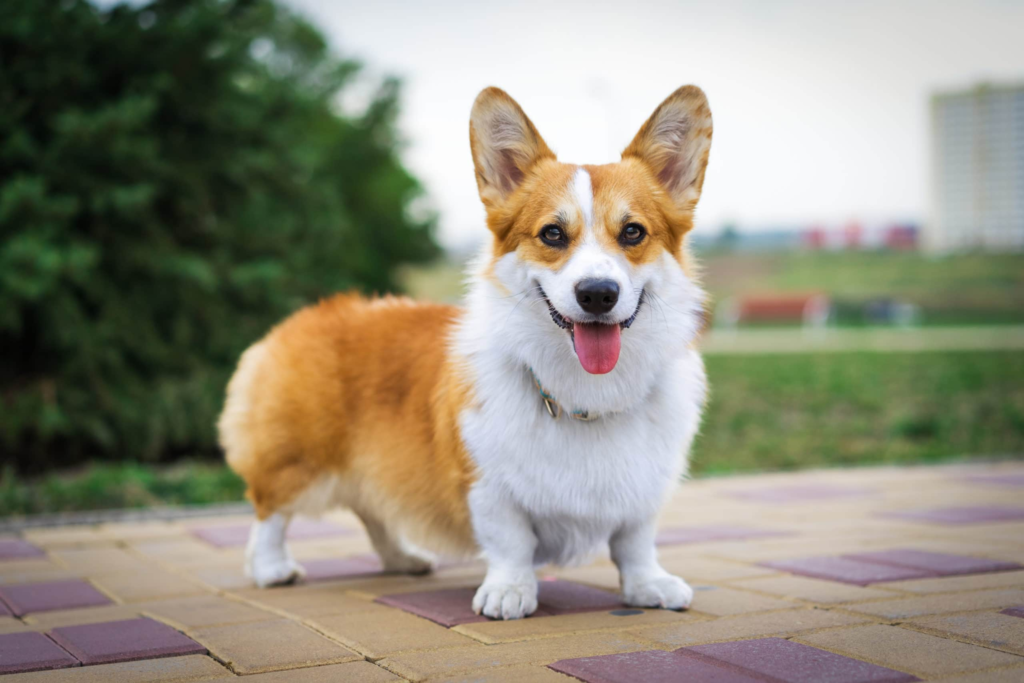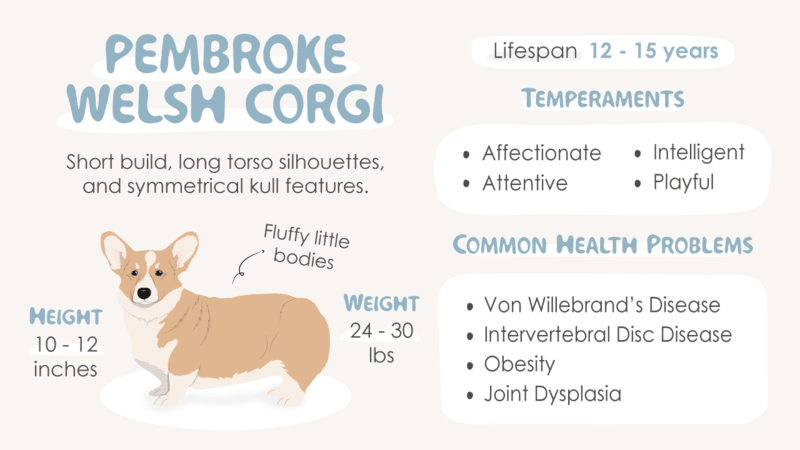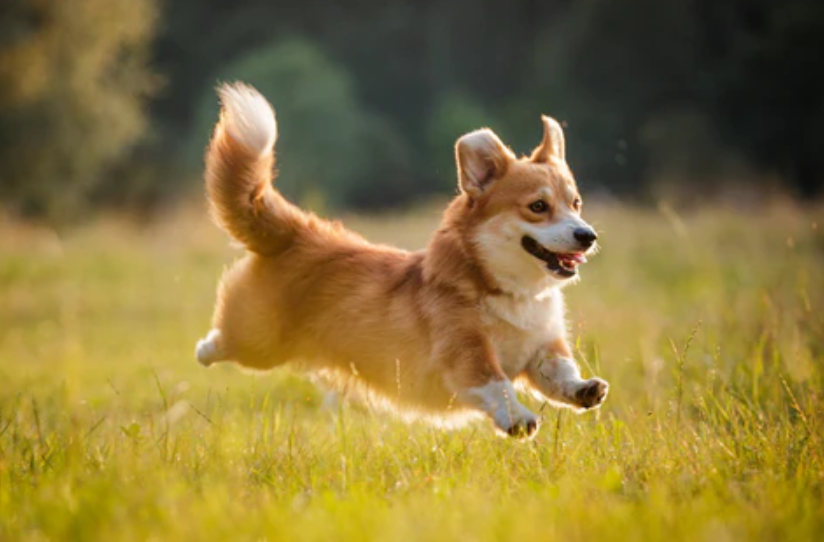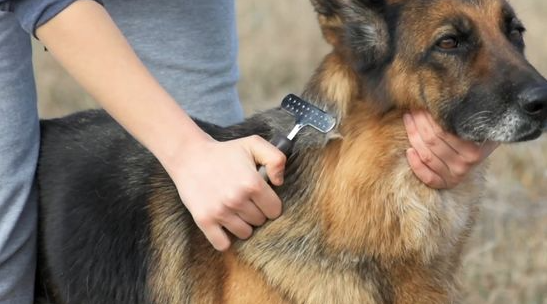Pembroke Welsh Corgi
The Pembroke Welsh Corgi is one of the most beloved and recognized dog breeds worldwide.
Known for their short legs, sturdy build, and expressive faces, these herding dogs have captivated dog lovers for generations.Whether you’re considering adopting a Corgi or are already a proud owner, understanding the breed’s history, characteristics, and care requirements is essential for ensuring a happy life for both you and your Corgi.

In this comprehensive guide, we will delve deep into the history, physical traits, temperament, training needs, and health concerns of the Pembroke Welsh Corgi. By the end, you’ll have a thorough understanding of what it takes to raise and care for this popular breed.
The History of the Pembroke Welsh Corgi
The history of the Pembroke Welsh Corgi dates back nearly a thousand years to Wales. Believed to have descended from Swedish Vallhunds brought to Wales by Viking settlers, Pembroke Welsh Corgis were initially bred as working dogs for herding cattle and sheep. Their small stature allowed them to nip at the heels of cattle, moving livestock with ease while avoiding kicks.
The breed became closely associated with British royalty, particularly Queen Elizabeth II, who famously owned over 30 Pembroke Welsh Corgis during her reign. This royal connection further popularized the breed, making it an iconic symbol of both loyalty and companionship.
Pembroke Welsh Corgis are often compared to their cousins, the Cardigan Welsh Corgis, but the two breeds have distinct differences. While both are small herding dogs from Wales, the Pembroke Welsh Corgi has a docked tail, while the Cardigan has a long, bushy one.
Physical Traits and Appearance of the Pembroke Welsh Corgi
The Pembroke Welsh Corgi is an unmistakable breed with several distinct physical traits that set them apart:

- Size: They are small to medium-sized dogs, typically weighing between 25 to 30 pounds.
- Height: They stand around 10 to 12 inches tall at the shoulder.
- Build: Pembroke Welsh Corgis have a long body relative to their height, with short legs, a sturdy frame, and a robust chest.
- Coat: Their double-layered coat consists of a soft undercoat and a coarse, weather-resistant outer coat. They come in various colors, including red, sable, fawn, black, and tan, often with white markings.
- Face: Corgis have a foxy face with upright, pointed ears and a broad skull. Their expressive eyes give them an alert and curious appearance.
Tail: A Key Difference
One of the defining features of the Pembroke Welsh Corgi is their docked tail, which sets them apart from the Cardigan Welsh Corgi. Originally, the tail was docked to avoid injury while herding, though today, this practice is more aesthetic.
Shedding and Grooming Needs
Pembroke Welsh Corgis are known to shed, especially during the spring and fall. Regular grooming is essential to manage their shedding, with weekly brushing recommended to keep their coat healthy and reduce excess hair around the home. Bathing is only necessary when they become dirty, as their coat naturally repels dirt to some extent.
To learn more about grooming tips for shedding dogs, check out our related article on [how to reduce dog shedding].
Temperament and Personality of the Pembroke Welsh Corgi
The Pembroke Welsh Corgi is known for its lively, affectionate, and intelligent personality. They are a highly adaptable breed that can thrive in various environments, from busy cities to rural farms.

Loyalty and Bonding
Corgis are extremely loyal and form deep bonds with their families. They are often referred to as “velcro dogs” because of their tendency to follow their owners around and stay close to them. This loyalty makes them excellent companions, but it also means they can suffer from separation anxiety if left alone for extended periods.
Intelligence and Trainability
Pembroke Welsh Corgis are one of the most intelligent dog breeds, which makes them highly trainable. They excel in obedience training and are often used in dog sports such as agility, herding, and even therapy work. However, their intelligence can also make them a bit stubborn at times, so early training and consistent, positive reinforcement are essential.
Corgis are natural herders, which means they may try to herd children or other animals by nipping at their heels. Training is crucial to manage this behavior and ensure they understand their role as a family pet rather than a working dog.
To learn about dog training techniques, visit our article on [effective dog training tips for herding breeds].
Socialization
Proper socialization from an early age is key to raising a well-behaved Pembroke Welsh Corgi. They are naturally friendly dogs but can become wary of strangers or overly protective of their family if not socialized properly. Introducing them to various people, animals, and environments as puppies will help them grow into well-rounded, confident dogs.
Health Concerns and Lifespan of Pembroke Welsh Corgi
Like all dog breeds, the Pembroke Welsh Corgi is prone to specific health issues. Understanding these health concerns and how to prevent them can help you provide the best care for your Corgi.

Common Health Issues
- Hip Dysplasia: This is a genetic condition where the hip joint doesn’t develop properly, leading to arthritis and pain over time. Regular vet checkups and maintaining a healthy weight can help manage this condition.
- Degenerative Myelopathy (DM): DM is a progressive neurological disorder that affects the spinal cord and leads to mobility issues. While there is no cure, early detection and physical therapy can help slow its progression.
- Intervertebral Disc Disease (IVDD): Due to their long backs and short legs, Corgis are more prone to IVDD, a condition where the discs between the vertebrae in the spine rupture or slip. This can cause pain and, in severe cases, paralysis.
- Obesity: Pembroke Welsh Corgis are prone to obesity, which can exacerbate joint problems and other health issues. It’s essential to monitor their diet and provide regular exercise to maintain a healthy weight.
Lifespan
On average, Pembroke Welsh Corgis live between 12 to 15 years. With proper care, including a balanced diet, regular exercise, and routine vet checkups, many Corgis live long, healthy lives.
For more information on keeping your dog healthy, check out our guide on [top tips for increasing your dog’s lifespan].
Training and Exercise Needs of the Pembroke Welsh Corgi
The Pembroke Welsh Corgi is an energetic breed that requires regular exercise to stay happy and healthy. Despite their small size, Corgis are not couch potatoes—they need both mental and physical stimulation to prevent boredom.
Daily Exercise Requirements
Corgis are active dogs that benefit from at least an hour of exercise each day. This can include walks, playtime, and even agility training. Due to their herding instincts, Corgis enjoy activities that challenge their minds and bodies. Playing fetch, practicing obedience training, and participating in dog sports are all great ways to keep your Corgi engaged.
Mental Stimulation
In addition to physical exercise, Pembroke Welsh Corgis need mental stimulation to prevent destructive behaviors. Puzzle toys, obedience training, and interactive games are excellent ways to keep their minds sharp. Without sufficient mental engagement, Corgis may become bored and develop undesirable behaviors such as excessive barking or chewing.
To learn more about mentally stimulating activities for dogs, read our article on [top 10 brain games for intelligent dog breeds].
Pembroke Welsh Corgi: Is This the Right Dog for You?
Before bringing home a Pembroke Welsh Corgi, it’s essential to consider whether this breed fits your lifestyle. Corgis are affectionate, loyal, and intelligent dogs, but they also have specific needs that may not suit every household.
Pros of Owning a Pembroke Welsh Corgi
- Loyal Companions: Corgis are incredibly loyal and form strong bonds with their families.
- Trainable: Their intelligence makes them highly trainable, and they excel in obedience training.
- Adaptable: Corgis can thrive in various environments, from apartments to farms.
Cons of Owning a Pembroke Welsh Corgi
- Shedding: Their double coat means they shed year-round, which can be a challenge for those sensitive to dog hair.
- Herding Instincts: Corgis may try to herd children or other pets, which requires proper training to manage.
- Exercise Needs: Despite their size, Corgis need regular physical and mental exercise, making them unsuitable for sedentary owners.
If you’re looking for a small dog with a big personality and are willing to meet their exercise and grooming needs, a Pembroke Welsh Corgi might be the perfect companion for you.
Conclusion
The Pembroke Welsh Corgi is a delightful, energetic, and loyal breed that brings joy to any household. With their rich history, distinctive appearance, and charming personalities, Corgis have earned their place as one of the most popular dog breeds in the world. By understanding their needs and providing proper care, you can ensure that your Pembroke Welsh Corgi lives a long, healthy, and happy life.
Whether you’re looking for a loyal companion or an active dog for agility training, the Pembroke Welsh Corgi is a versatile breed that can fit into many lifestyles. If you’re ready to bring one of these lovable dogs into your life, remember




